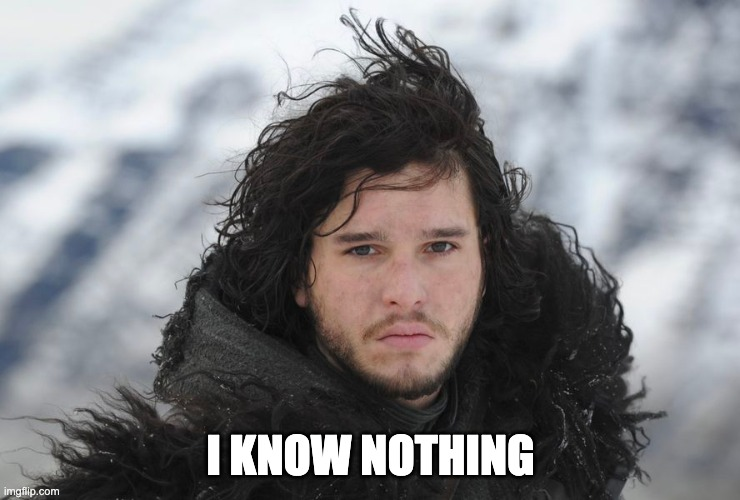Pitch:
- Publishing dual use papers is bad.
- It’s also easy, people can upload it to arxiv/bioRxiv/medRxiv, even by accident (not knowing they are publishing something potentially harmful).
- It might be useful for these platforms to reject such publications, and the platforms seem interested.
- I’m guessing they’re lacking resources: People that will vet papers, maybe a software system, maybe money.
- Let’s talk to the platforms, ask what they need, and give it to them.
Why I think the platforms are interested in doing this
A founder from bioRxiv and medRxiv, Richard Sever, says about this screening:
- "This is desirable and in fact already happens to an extent"
- "arXiv and bioRxiv/medRxiv already communicate regularly"
I can provide the reference for this.
Request for vetting
My experience in biosecurity is about 3 hours.

Please, people doing biosecurity, reply with your opinion, even if it is very short like “sounds good” or “sounds bad”.
Looking for project lead
Do you know someone who could run this? Comment on the post (or DM me, and I’ll pass it on somewhere).
Before starting this project, please review the ways it could go wrong
As a naive example, just to be concrete: Someone gets mad that their (dangerous) article wasn’t accepted, so they publish it on Twitter and it goes viral.
But more generally, before starting this project, please talk to the people who reply “sounds bad”.
It was just Petrov Day, ”Wherever you are, whatever you're doing, take a minute to not destroy the world”.

Arguments for
Arguments against
For further investigation
Implementation
How would vetters, whether a regulatory agency or an independent initiative, screen papers? In the case of DNA synthesis, which does not account for all biosecurity relevant dual use research, a minimalistic approach is for vetters to utilise an encrypted database of riskier sequences of DNA , as proposed by MIT's Prof Kevin Esvelt.
However, dual use control at the publisher level would presumably not be restricted to DNA synthesis, it would include such things as studies of remote areas at the human-animal boundary.
Next steps
Esvelt is in dialogue with the Nuclear Threat Initiative who are coordinating higher level conversation in this area. If the publishers you mentioned aren't already part of that dialogue, the best next steps may be to connect Nuclear Threat Initiative folks with those academic publishers. But, I don't think that should mean this initiative shouldn't proceed in parallel. I think there is merit in taking some action now in this space because the conversation that the Nuclear Threat Initiative and co are kindling is a slow, multilateral process - screening DNA synthesis orders is not legally required by any national government at this stage.
Time sensitivity
The cost of DNA synthesis is declining and the fixed costs of filtering could grow as fraction of the cost, therefore the viability of a voluntary screening model could its highest right now.
Participation
I'm interested in being involved, but don't know that much about academic publishing or technical genomics stuff so probably not a fit to be a (solo) project lead. Do know about management, health policy, public administration, stakeholder engagement, communications etc
+1 to contacting Nuclear Threat Initiative, they seem to be active and well connected across many relevant areas.